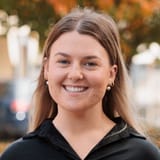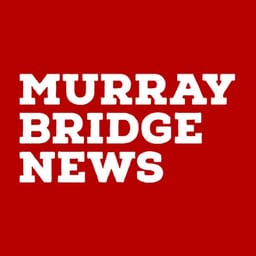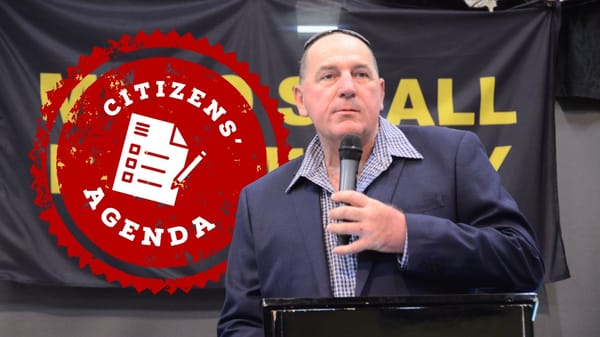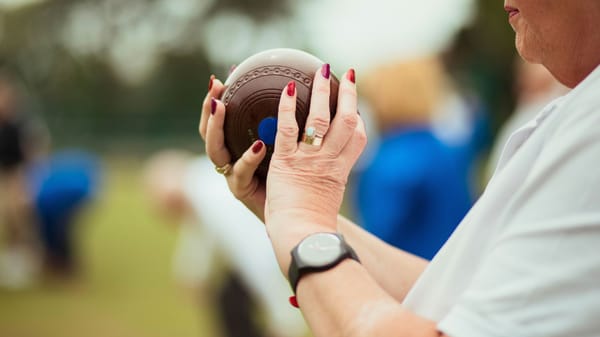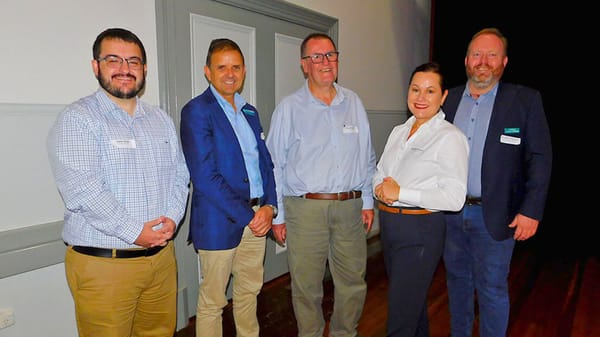Better to be safe than sorry when it comes to skin cancer, GP says
The Murray Bridge Medical Centre is starting the new year with a skin check reminder and upskilling their team in diversity.
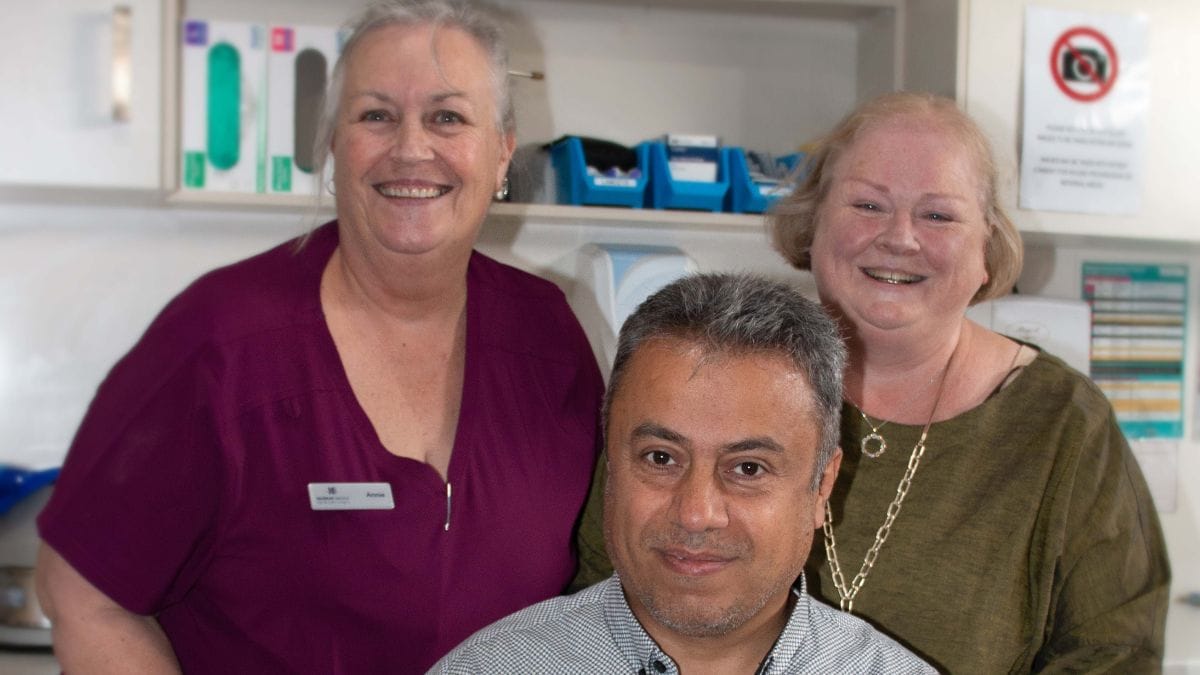
This sponsored story is brought to you by Murray Bridge Medical Centre.
Summer is coming to an end, but this shouldn’t be the end of staying sun safe in the outdoors.
Australia has one of the highest rates of skin cancer in the world, as around two in three Australians will be diagnosed with some form during their lifetime.
Doctor Hayan Naser said he recommends yearly skin checks and to be proactive with sun safe measures.
The majority of skin cancers are caused by exposure to the sun, so what do you look out for?
- crusty, non-healing sores
- small lumps that are red, pale or pearly in colour
- new spots, freckles or any moles changing in colour, thickness or shape over a period of weeks to months
Other family members or partners may notice different changes, especially in hard-to-see areas such as the back, he says.
“If someone has already had skin cancer removed, we keep them coming back every three months for the first year … because once they have one they may be susceptible to more,” Dr Naser says.
“Melanoma is one of the worst cancers in the body because once it comes into the body, the survival rate drops significantly.”
“It’s better (to be) safe than sorry.”
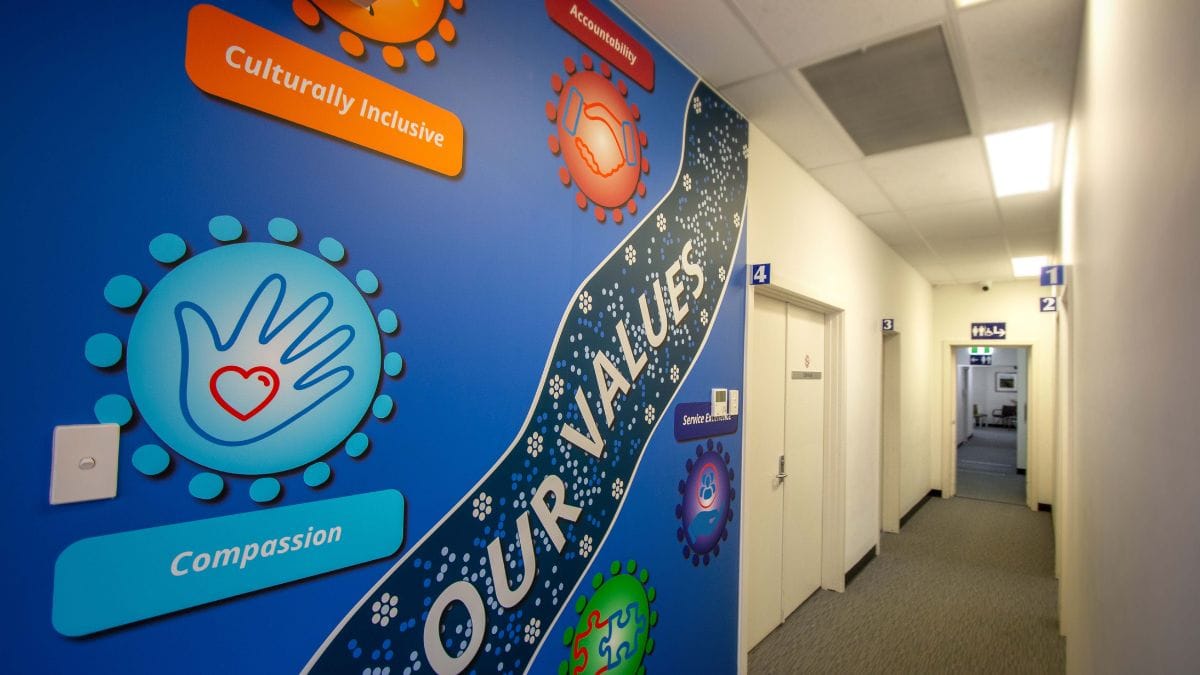
Developing diversity and cultural knowledge
Meanwhile, the Murray Bridge Medical Centre team has recently undergone training in cultural awareness and diversity.
Practice manager Wendy Ziersch says different cultures and backgrounds visiting the clinic bring a whole new medical consideration and clinical discussion in their primary health care.
The training was part of a proactive measure the medical centre has taken to address feedback had received in the past.
A portion of the staff will also be attending LGBTIQ training next week, hosted by iReach and Shine SA.
“The training will highlight more up-to-date information and not just things we’ve come to know over the last few years,” Ms Ziersch says.
Each patient has their own unique medical history, from First Nations people to refugees and veterans.
“They all make up our community; primary health care isn’t just about colds and flu, it's about looking at the whole picture, and considering cultural background is really important for doctors,” she said.
“It’s not just about using a stethoscope."
Dr Naser says he sees patients from Africa, Asia, and even South America.
“In our own staffing … we have that diversity here to help and a lot are from countries that they can empathise with,” Ms Ziersch says.
“We have so many resources here and knowledge we can share; if we don’t have the answers, a key specialist can help drive the ongoing care for the patient.”
Independent interpreter services are available at the centre for for each doctor to help translate important medical information and health care plans.
The medical centre have also started a smoking and alcohol audit on their patient load, as a new national lung cancer screening program comes into effect this July.
The audit includes a simple questionnaire for visitors when making an appointment with the centre.
- Book a health check: Visit the practice at 35-37 Adelaide Road, Murray Bridge between 8am and 9pm on weekdays, call 8531 2988 or visit www.murraybridgemedical.com.au.
Advertising to more than 20,000 highly engaged locals can do wonders for your business. Call Murray Bridge News’ Jane Intini on 0418 835 768 or email jane@murraybridge.news.


